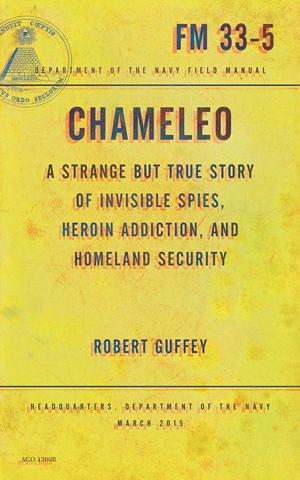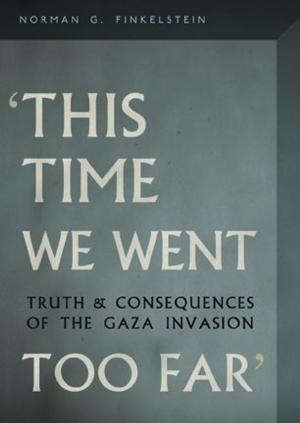WikiLeaks and the Age of Transparency
Nonfiction, Computers, Networking & Communications, Computer Security, Operating Systems, Application Software| Author: | Micah Sifry | ISBN: | 9781935928324 |
| Publisher: | OR Books | Publication: | February 21, 2011 |
| Imprint: | OR Books | Language: | English |
| Author: | Micah Sifry |
| ISBN: | 9781935928324 |
| Publisher: | OR Books |
| Publication: | February 21, 2011 |
| Imprint: | OR Books |
| Language: | English |
The United States government is diligentsome might say to the point of obsessionin defending its borders against invaders be they terrorists natural disasters or illegal immigrants. Now we are told a small international band of renegades armed with nothing more than laptops presents the greatest threat to the U.S. regime since the close of the Cold War. WikiLeaks release of a massive trove of secret official documents has riled politicians from across the spectrum. The WikiLeaks organizers themselves are going to have blood on their hands (U.S. Sen. Joe Lieberman) it is the 9/11 of world diplomacy (Italian Foreign Minister Franco Frattini) they present a clear and present danger to the national security of the United States (U.S. Congressman Peter King). Even noted free-speech advocate Floyd Abrams says that WikiLeaks founder Julian Assange may yet have much to answer for and blames him for the certain defeat of federal shield-law legislation protecting journalists. Hyperbole hysteria? Certainly. We heard much the same in 1971 when Daniel Ellsberg released the Pentagon Papers to the New York Times (ironically Abrams was the Times lawyer in that case).Welcome to the Age of Transparency. But political analyst and writer Micah Sifry argues that WikiLeaks is not the whole story: it is a symptom an indicator of an ongoing generational and philosophical struggle between older closed systems and the new open culture of the Internet. What is new he writes is our ability to connect individually and together with greater ease than at any time in human history. As a result information is flowing more freely into the public arena powered by seemingly unstoppable networks of people all over the world cooperating to share vital data and prevent its suppression. Despite Assanges arrest the publication of secret documents continues and websites replicating WikiLeaks activities have sprung up in Indonesia Russia the European Union and elsewhere. As Sifry shows this is part of a larger movement for greater governmental and corporate transparency: when you combine connectivity with transparencythe ability for more people to see share and shape what is going on around themthe result is a huge increase in social energy which is being channeled in all kinds of directions.
The United States government is diligentsome might say to the point of obsessionin defending its borders against invaders be they terrorists natural disasters or illegal immigrants. Now we are told a small international band of renegades armed with nothing more than laptops presents the greatest threat to the U.S. regime since the close of the Cold War. WikiLeaks release of a massive trove of secret official documents has riled politicians from across the spectrum. The WikiLeaks organizers themselves are going to have blood on their hands (U.S. Sen. Joe Lieberman) it is the 9/11 of world diplomacy (Italian Foreign Minister Franco Frattini) they present a clear and present danger to the national security of the United States (U.S. Congressman Peter King). Even noted free-speech advocate Floyd Abrams says that WikiLeaks founder Julian Assange may yet have much to answer for and blames him for the certain defeat of federal shield-law legislation protecting journalists. Hyperbole hysteria? Certainly. We heard much the same in 1971 when Daniel Ellsberg released the Pentagon Papers to the New York Times (ironically Abrams was the Times lawyer in that case).Welcome to the Age of Transparency. But political analyst and writer Micah Sifry argues that WikiLeaks is not the whole story: it is a symptom an indicator of an ongoing generational and philosophical struggle between older closed systems and the new open culture of the Internet. What is new he writes is our ability to connect individually and together with greater ease than at any time in human history. As a result information is flowing more freely into the public arena powered by seemingly unstoppable networks of people all over the world cooperating to share vital data and prevent its suppression. Despite Assanges arrest the publication of secret documents continues and websites replicating WikiLeaks activities have sprung up in Indonesia Russia the European Union and elsewhere. As Sifry shows this is part of a larger movement for greater governmental and corporate transparency: when you combine connectivity with transparencythe ability for more people to see share and shape what is going on around themthe result is a huge increase in social energy which is being channeled in all kinds of directions.















